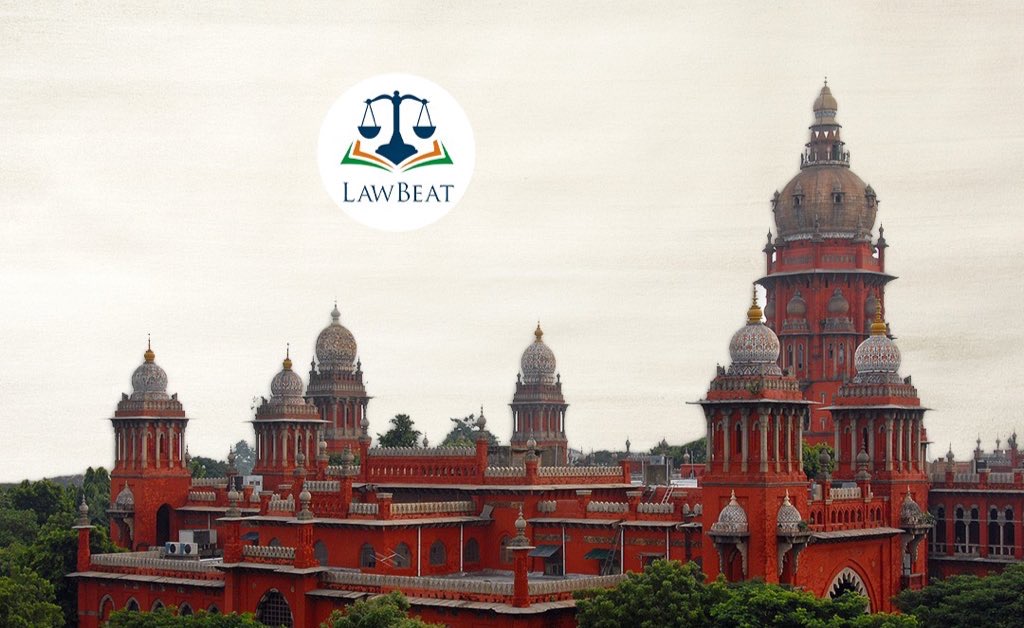"Courts must ensure that rights and duties are enforced in equal measure": Madras High Court

Justice M Subramaniam of Madras High Court has observed that it is time for the constitutional courts to ensure that the rights are duties are enforced in an equal manner. The court has further observed that a large number of dereliction of duties and lapses happen on account of the non-enforceability of duties in a manner contemplated under law.
The above observations were made in case where a government employee challenged the order of Accountant General of Tamil Nadu, rejecting his request to include his second wife’s name as the nominee in the service record for the purpose of family pension. In the given case, the petitioner who retired in 2013, had married his second wife while his first wife was alive.
The court while rejecting the plea, observed that since the government employee had married for the second time, while his first wife was alive and thereby, has committed 'misconduct' under the Tamil Nadu Government Servant Conduct Rules, 1973.
The court further observed that despite the petitioner having committed an act of misconduct under the rules, the competent authorities during the relevant point of time have not initiated any action.The court further held that it is of the considered opinion that a public servant is expected to maintain good conduct and atmost integrity both in office and outside.
The court noted that it is not as if a government servant has to maintain good conduct, only in the office during office hours. He is duty bound to maintain good conduct, even in the Society, outside the office and in all circumstances.
The court noted that,
“The Courts cannot encourage in cases where the public servants committed an act of misconduct and claiming benefits. If such a practice is allowed, then the very purpose and object of the Conduct Rules for public servants will be defeated and therefore, the Conduct Rules are to be followed scrupulously in order to maintain efficient and clean public administration, which is the mandate under the Indian Constitution.”
In this context, the court delved into the concept of fundamental rights vis-à-vis duties. It said that Constitutional Courts across the country have interpreted the rights of the citizen under the Constitution of India and that if there is an infringement of rights of the citizen, the Courts would never hesitate to interfere and grant appropriate relief. The court further held that democracy can flourish only if rights and duties are equally balanced. The court further observed that the “rights of the citizen are being protected, but the duties are yet to be enforced effectively.”
The court observed that the enforcement of duty is an integral part of the Constitution of India.
Rights and duties being corresponding, people cannot fight only for rights, but also to enforce the duties, Court said.
It was laid down that a balancing approach between the rights and duties are to be adopted by the Constitutional Courts so as to ensure that the democratic principles are protected in consonance with the constitutional philosophy and ethos.
“Every right, including the fundamental right, is subject to restrictions," the Court said, while dismissing the writ petition, observing that since the petitioner has violated the Conduct rules and not established any right for the purpose of grant of relief as such sought.
Case title: Muthumadasamy Vs Accountant General
